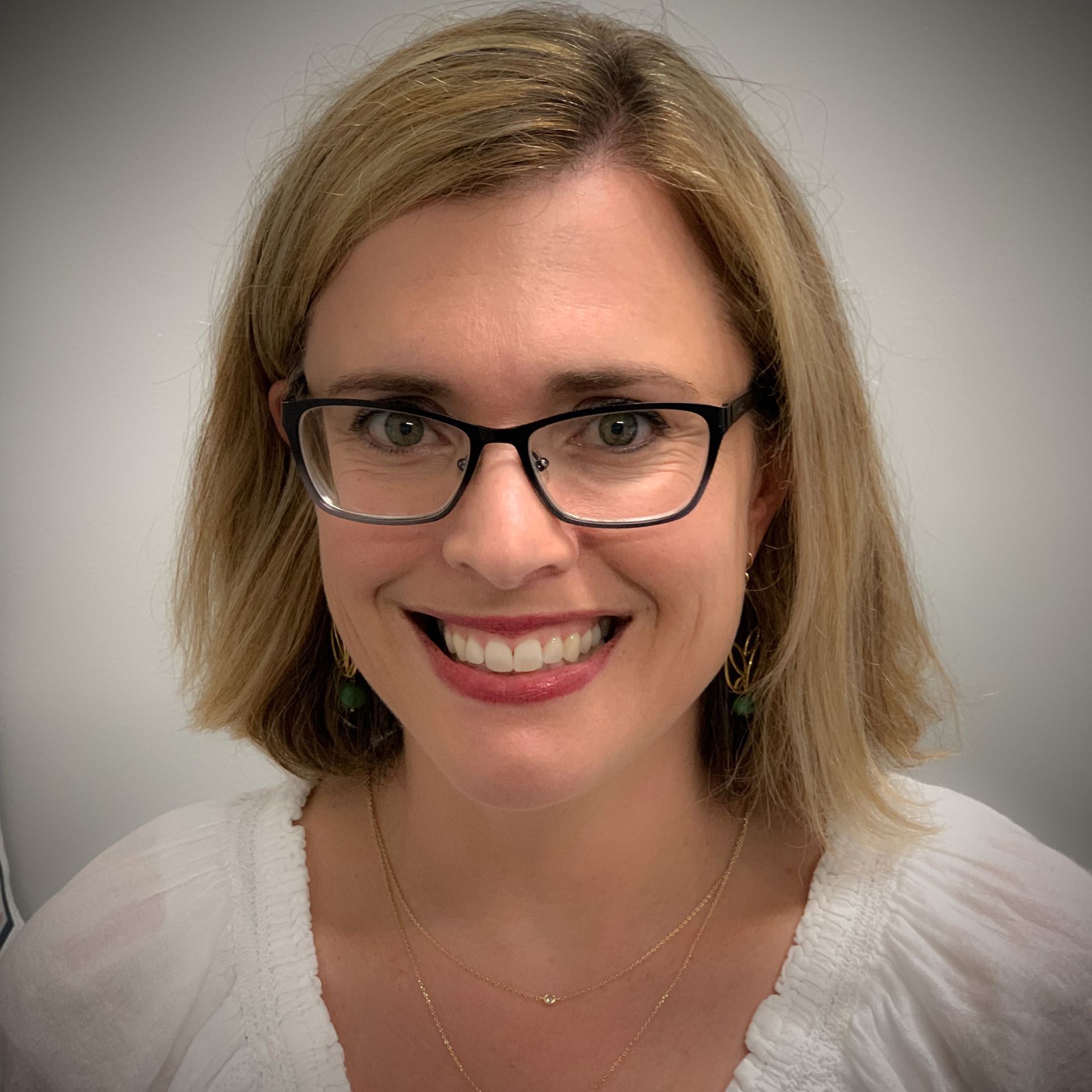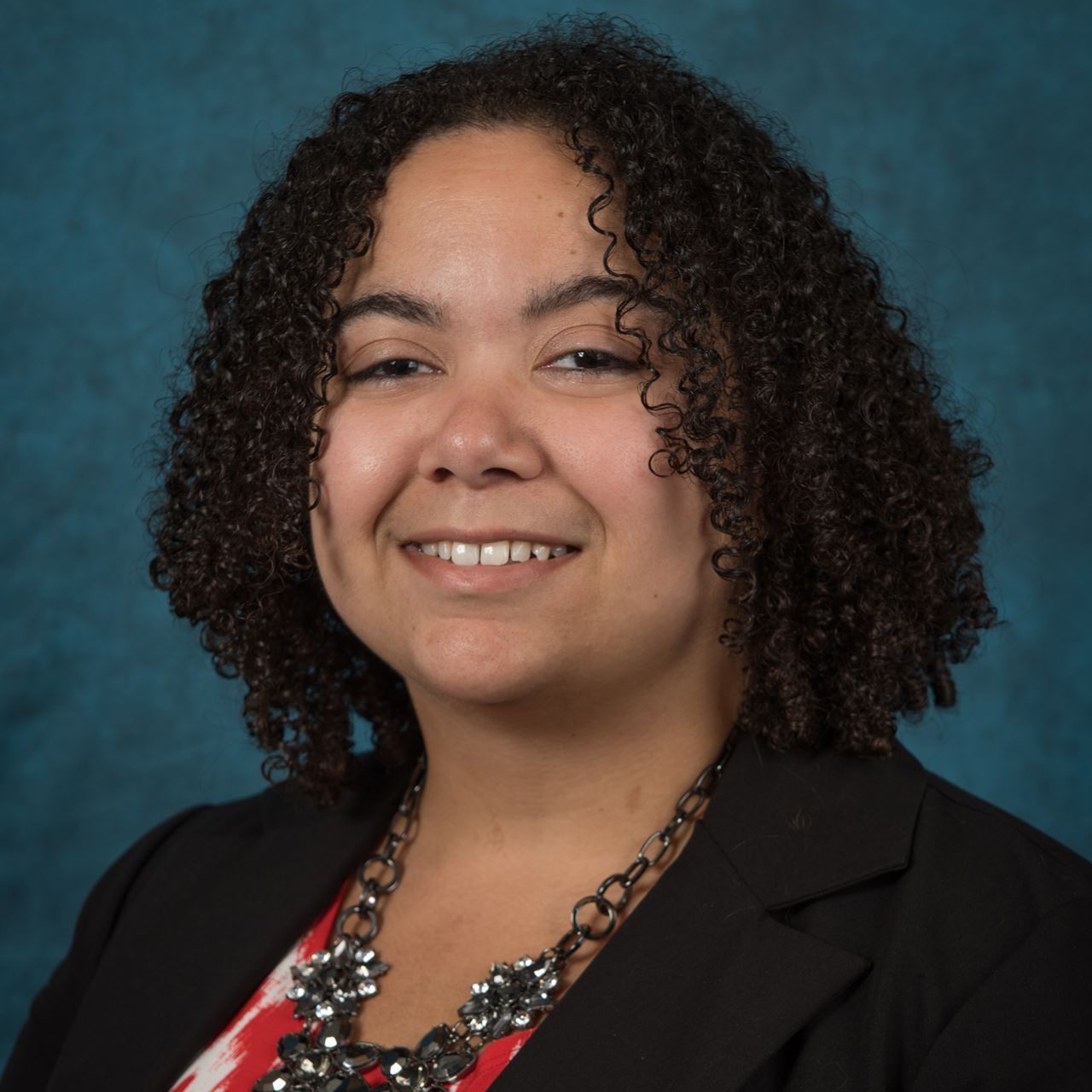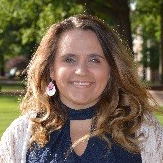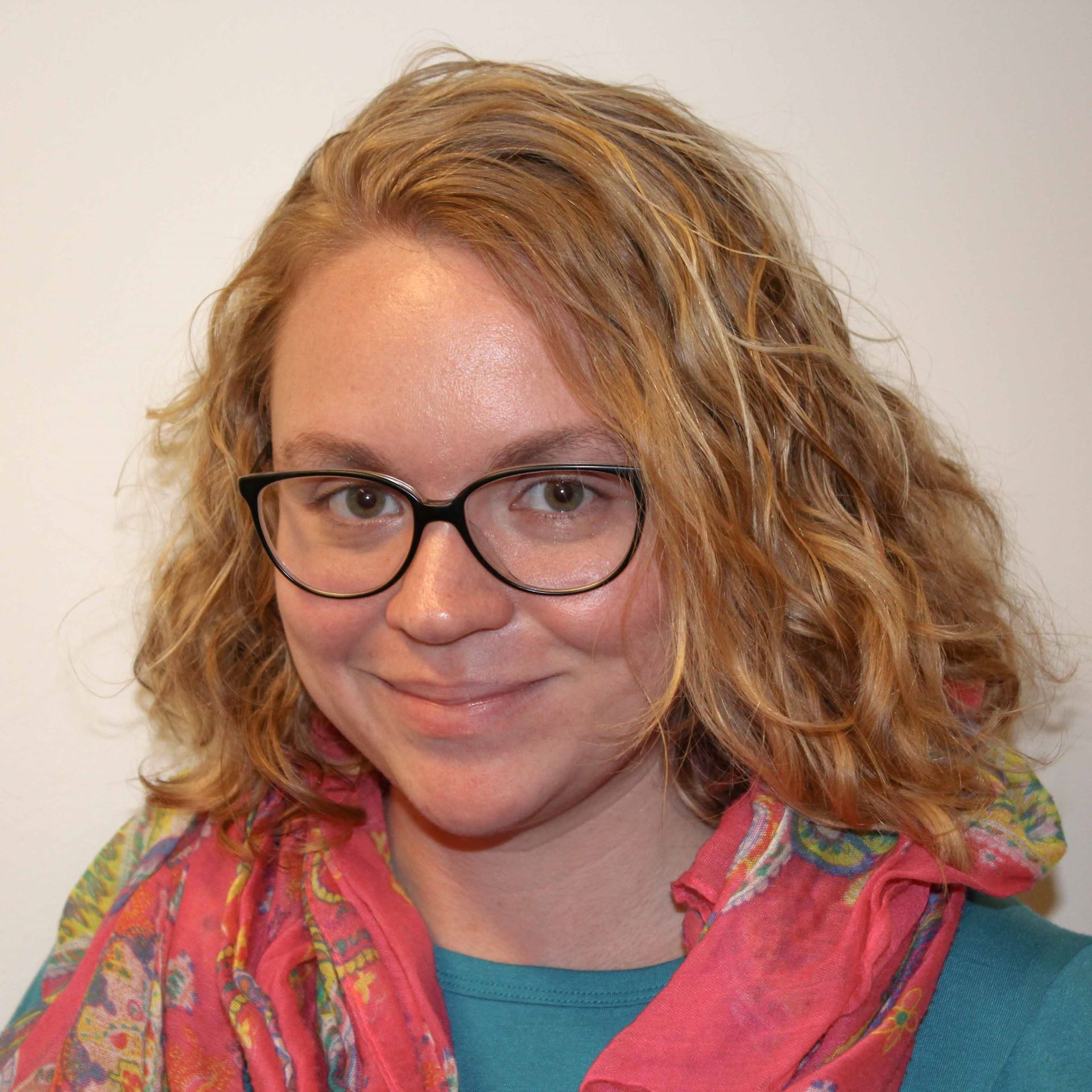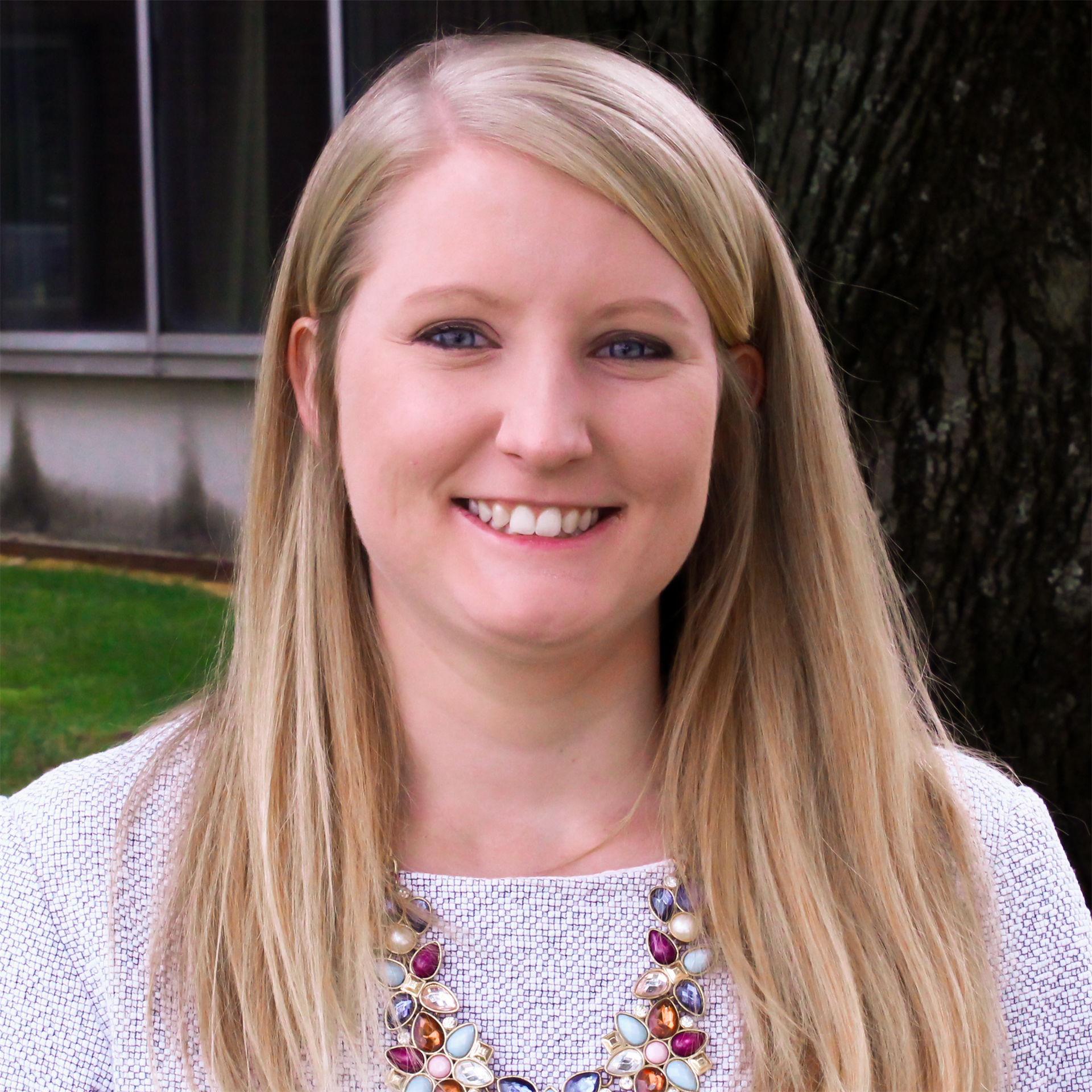How Emotional Intelligence and Mindset Help Students Stay on Track Toward SuccessJulie Hohmann & Rex Mann | University of Louisville Emotional Intelligence (EI) is quite possibly the key to success, joy, and satisfaction in life. What would our world look like if we had more students and colleagues who had high EI? During this highly interactive session, we will set the stage by defining what EI is and why it is so critical for personal, academic, and professional development. We will also highlight Dr. Carol Dweck's research on how EI plays a critical role in moving towards a growth mindset. Our session will conclude with research showing how sleep hygiene can impact academic and professional success. |
|
A Walk Through the Process of Applying for College Reading & Learning Association (CRLA) International Tutor Training Program Certification (ITTPC)Amy Spencer | Ohio Dominican University In the race towards student success, quality tutoring is critically important. This workshop is intended to assist those who are interested in having their tutor training meet the international standards set by CRLA. The presenter will walk through each section of the CRLA ITTPC application to clarify the type of information application reviewers are looking for in each section and to help applicants avoid common misunderstandings. She will provide examples of a variety of acceptable ways to meet the certification criteria as well as tips to facilitate the overall process of creating and formatting documents for ease of submission. |
|
Academic Coaching Training: Helping Students Cross the Finish LineNatasha Ziegler & Dr. Brandon Johnson | Florida Gulf Coast University |
|
Friday, October 4 | 12:00p to 3:00p |
Designing Learning Environments that Support Neuro-Diverse Student SuccessDr. Elizabeth Coghill, Amber Arnold & Abby Benzinger | East Carolina University The number of college students with learning differences has grown and learning center professionals are challenged to create postsecondary learning environments that support the academic success of all students. As learning center professionals, we must better understand the needs and demands of neuro-diverse students and envision methods and strategies that address the learning requirements of all students. This pre-conference session will examine neuro-diversity and executive functioning in higher education, explore learning ecosystems and Universal Design for Learning approaches, and provide the opportunity for goal setting and vision promotion for attendee campuses. |
|
Creating an Assessment Strategy for your Academic Coaching ProgramMary Fischer | Coastal Carolina University |
|
The Race is Only as Good as the Track: Online Learning Assistance by DesignWendy Simmerman | Bringham Young University |
Learning Center Leadership CertificationDr. Jennifer Haley | Past-President, NCLCA | Ball State University Have you already begun the process of gathering materials to apply for LCLC (Learning Center Leadership Certification)? Or perhaps you are committed to applying but you have just not found the time or necessary resources to get started? This pre-conference institute is designed just for you! Come join me to learn more about LCLC, which offers growth and development for learning center professionals by focusing on evolving levels of practice, training, self-reflection, service, publication and presentation, and evaluation. You will learn more about the four levels of certification and identify which level best suits you. You will learn the steps for putting the application together into one PDF. Then we will get to work! Substantial time will be provided to work on developing your application by creating a “to do” list for materials that need to be gathered as well as experiences that need to be planned, such as presentations, publications, and service to the profession. Finally, we will set aside time for you to write your learning assistance position statement and your professional development plan. The goal is for each participant to emerge with drafts of these two documents as well as a plan and timeline for completing the application. Participants will receive a $50 reduced fee when they submit their LCLC application! Be sure to bring your laptop and be prepared to work! |
|
Learning Centers in the 21st Century SymposiumMichael Frizell | Immediate Past-President, NCLCA | Missouri State University Learning centers at institutions of higher education serve as interactive, academic spaces designed to reinforce and extend student learning in physical and/or virtual environments. These environments offer a wide variety of comprehensive support services and programs to enhance student academic success, retention, and completion rates. Learning centers are designed to reinforce the holistic academic growth of students by fostering critical thinking, metacognitive development, and academic personal success.
This pre-conference session, presented by past presidents of the National College Learning Center Association, discusses the application of best practices, student-learning theories, and addresses student-learning needs from multiple pedagogical perspectives through an interactive presentation followed by a question and answer period.
QUESTION: How do you describe your learning center? Does it match NCLCA’s definition?
Presenters: Johanna Dvorak Michael Frizell Jennifer Haley Jackie Harris David Reedy Elaine Richardson Laura Sanders |
|
pre-conference workshops |
Friday, October 4 | 8:00a to 11:00a |
Conducting An Equity Audit In A Learning CenterRebecca Elliot & Samantha Marita | University of Cincinnati
All institutions strive to achieve educational equity for students. One way practitioners can assess inequity is through an equity audit. Traditionally used in the K-12 setting, equity audits are designed to identify areas of educational inequity. The Learning Commons adapted the equity audit framework to examine different academic support services to identify areas of programmatic or achievement inequity. This pre-conference session will expose participants to the equity audit framework, show how the framework can be adapted for learning centers, and help participants develop an assessment plan to conduct an equity audit in their own learning center. |
|
How to Structure an Online Summer Bridge ProgramMichael Giannetto | Northern Arizona University This pre-conference session will provide the scaffolding for coordinating and supervising an online summer bridge program where most of the students and student employees are not local. This would include staffing structure, online systems, communication channels, documentation management, assessment, outreach to both student and employees, training and partnerships. In 2019, we currently have 2 professional staff members, 3 graduate students and 58 math coaches all working to help over 800 incoming students increase their math placement. Participants will gain scalable techniques that could enable their programs to grow. To view this presentation & materials CLICK HERE |  |
© 2025 ICLCA | Federal Tax # 39-1641695 | W-9 |

